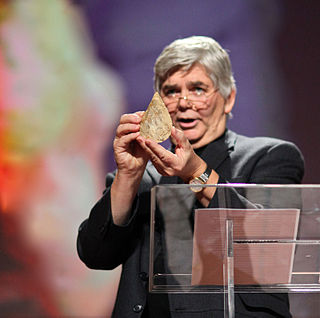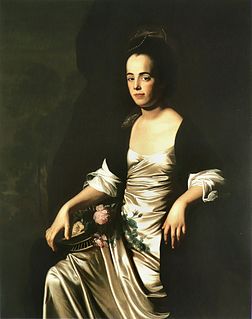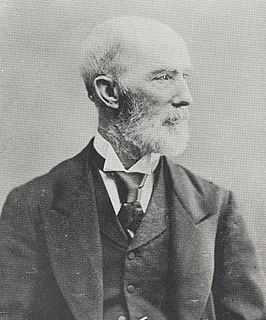A Quote by Clement Greenberg
The peasant finds no "natural" urgency within himself that will drive him toward Picasso in spite of all difficulties. In the end the peasant will go back to kitsch when he feels like looking at pictures, for he can enjoy kitsch without effort
Related Quotes
The maker of kitsch does not create inferior art, he is not an incompetent or a bungler, he cannot be evaluated by aesthetic standards; rather, he is ethically depraved, a criminal willing radical evil. And since it is radical evil that is manifest here, evil per se, forming the absolute negative pole of every value-system, kitsch will always be evil, not just kitsch in art, but kitsch in every value-system that is not an imitation system.
By destroying the peasant economy and driving the peasant from the country to the town, the famine creates a proletariat... Furthermore the famine can and should be a progressive factor not only economically. It will force the peasant to reflect on the bases of the capitalist system, demolish faith in the tsar and tsarism, and consequently in due course make the victory of the revolution easier... Psychologically all this talk about feeding the starving and so on essentially reflects the usual sugary sentimentality of our intelligentsia.































